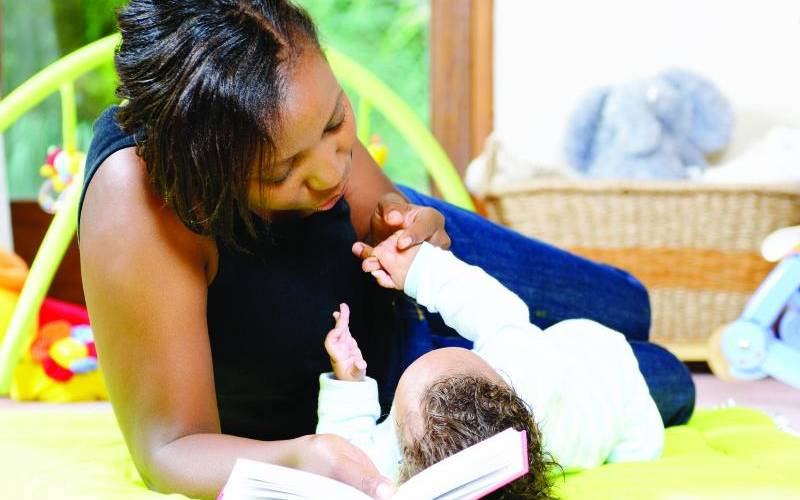
How effective parenting books are is a matter of debate, especially given the lack of scientific evidence regarding their usefulness. Limited research has found that problem-focused self-help books may be helpful to readers – think tips about time management or healthy eating. And studies find that using books independently to improve well-being – what psychologists call bibliotherapy – is somewhat effective for addressing stress, anxiety and depression.
So it makes sense that reading a parenting book could be useful. In terms of quality and usefulness, however, they exist on a continuum.